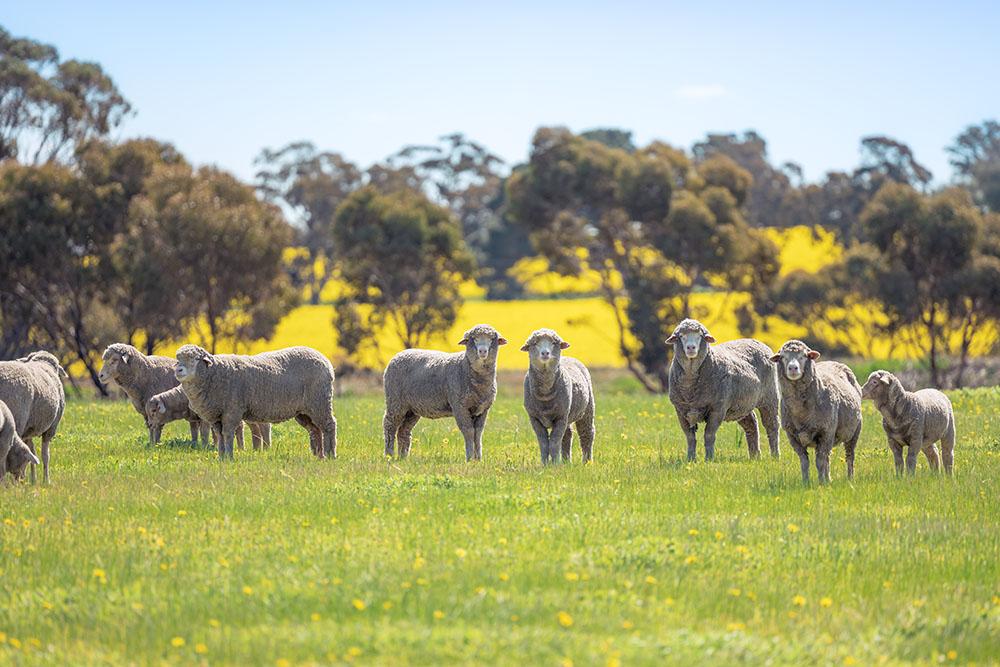The Department of Agriculture, Fisheries and Forestry (the department) will continue to work to regulate the welfare of sheep exported live by sea until the trade ends on 1 May 2028. Regulation of live sheep exports by sea will continue under the existing arrangements without caps or quotas until the trade ends.
Standards and legislation
The department develops and maintains high standards that licensed exporters are required to meet before, during, and after livestock export.
We regulate the livestock export industry to ensure it meets Australian export legislation, the Australian Standards for the Export of Livestock (ASEL), and the requirements of importing countries.
The ASEL is important because it sets out the conditions for livestock health and welfare that licensed exporters must meet throughout the entire export supply chain. The latest available scientific evidence is used to regularly update the ASEL, to support best-practice care and maximum welfare of livestock exports.
Australian Maritime Safety Authority
The Australian Maritime Safety Authority (AMSA) is responsible for the regulation and safety oversight of Australia's shipping fleet, as well as management of Australia's international maritime obligations.
No livestock export consignment, sheep or otherwise, is permitted to depart Australia by sea unless AMSA has officially certified the exporting vessel as safe and appropriate to transport livestock.
Independent observers
In addition to the ASEL and AMSA, for certain sea voyages we may also require an independent observer to accompany the voyage.
These independent observers work to assess the licensed exporters’ compliance with animal welfare requirements.
When the voyage is finished, observers report their findings to the department. Any non compliance found by the independent observers is promptly acted upon. Summaries of these reports are also published on the department’s website.
Northern Hemisphere summer prohibition
The Northern Hemisphere summer prohibition is an annual ceasing of the live export of sheep to or through the Middle East.
It was first implemented in 2019 to restrict the live export of sheep to the Middle East during the hottest, most humid part of the Northern Hemisphere summer period to reduce the risk of heat stress in animals.
Conditions associated with the existing prohibition begin on 1 May each year, though end dates for the prohibition period vary from market-to-market due to geographical and weather-related conditions.
Exporter Supply Chain Assurance System
When feeder and slaughter livestock arrive in an importing country, licensed exporters must ensure they are handled and slaughtered in accordance with our world-leading Exporter Supply Chain Assurance System (ESCAS).
ESCAS is a regulation approval held by a licensed exporter, requiring them to have agreements in place with supply chain partners to ensure humane treatment and handling of livestock. This ensures control over the livestock from the moment that the animals arrive in the importing country, right up to and including the point of slaughter.
ESCAS is important because it provides a process to investigate and address incidences of non-compliance in a way that both reduces disruptions to ongoing trade and improves animal welfare outcomes.
Independent oversight
The department’s exercise of powers in the regulation of livestock exports is regularly reviewed by the Inspector-General of Animal Welfare and Live Animal Exports (IGAWLAE).
This IGAWLAE review program is independent from the department’s internal audit and performance management programs and provides regular reporting updates.


